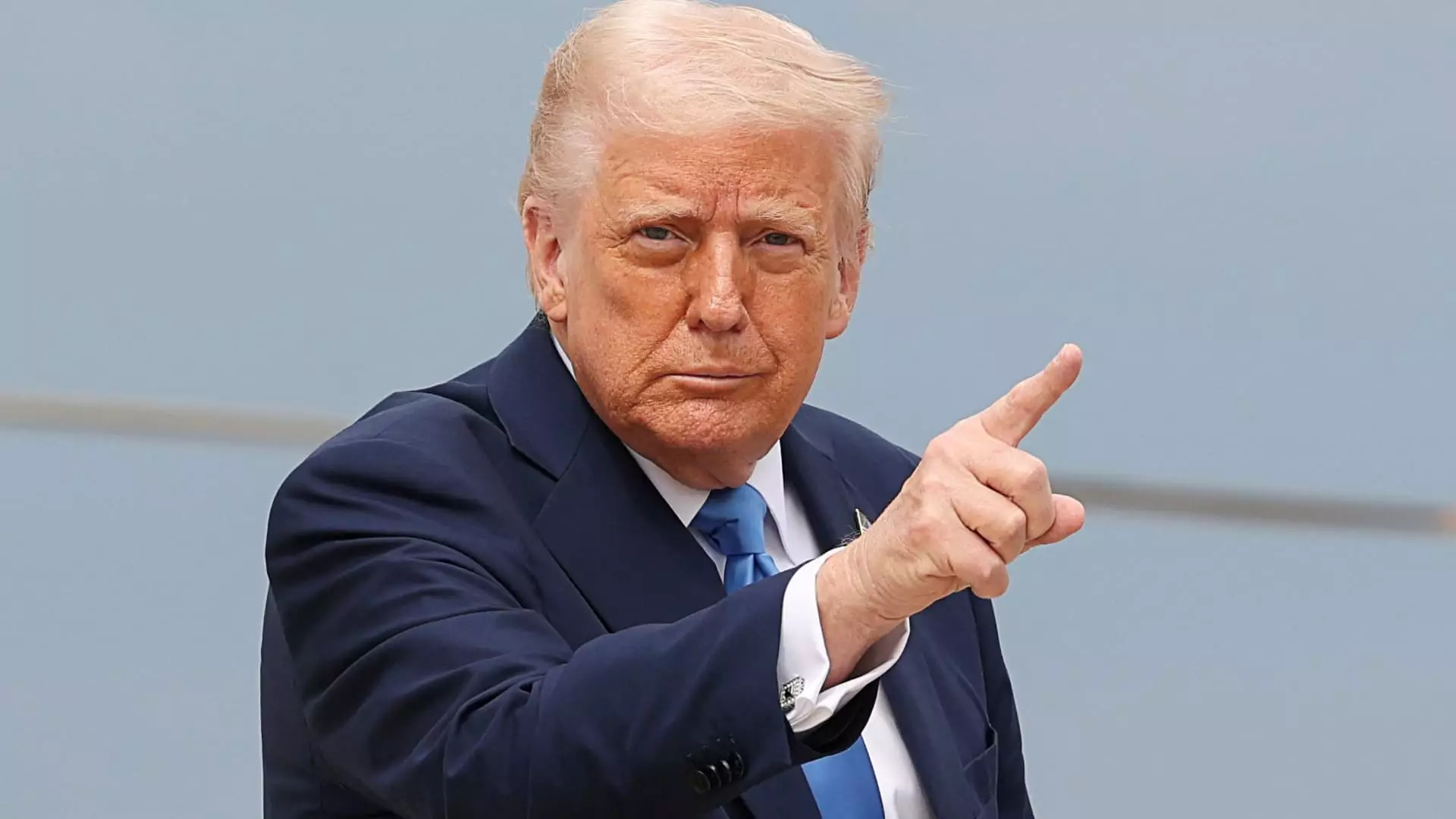The ongoing campaign against diversity, equity, and inclusion (DEI) initiated by the Trump administration has now extended its reach across the Atlantic. Nothing sends the message of intolerance quite like a government wielding its power to dictate the values of foreign companies via binding contracts. By targeting organizations in France and the broader European Union that maintain U.S. government contracts, this administration not only trivializes the essence of DEI but weaponizes compliance against companies that dare to embrace progressive values.
Despite an overarching emphasis on American values of freedom and expression, we see a paradox emerging: the imposition of a rigid, discriminatory ideology on foreign organizations. Companies are now being coerced into a compliance frenzy—forced to certify their adherence to an executive order that reeks of authoritarianism under the guise of upholding anti-discrimination laws. This letter emphasizes that non-compliance could have dire financial repercussions, signifying that the administration seeks not only compliance but a culture of fear among those who may prioritize inclusivity.
Diplomatic Strain Over Ideological Grounds
The diplomatic fallout from this maneuver cannot be ignored. The French finance ministry has raised valid concerns that the U.S. government’s actions do not reflect the foundational values of France itself—values rooted in liberty, fraternity, and equality. With burgeoning tensions over tariffs on European goods such as cars and wine, alongside disputes over broad issues like the invasion of Ukraine, the anti-DEI initiative is likely to alienate allies further.
Conflating political posturing with economic coercion could lead to a larger cultural rift; it threatens the sacred bond between European and American stances on human rights. Historically, these nations have worked together to combat authoritarianism and promote democratic ideals. Ironically, this campaign appears to mirror the very intolerance and suppression of diversity that Western democracies have long opposed globally.
The Corporate Landscape: A New Era of Compliance or Fear?
What’s equally disconcerting is the potential chilling effect on corporate culture—both in Europe and globally. Aviation and defense sectors, along with consulting and infrastructure companies, are caught in a crossfire where their economic viability is tethered to ideological allegiance. Will these firms stick to their values, risking U.S. contracts, or will they buckle under the weight of compliance-driven oppression? This dilemma paves the way for a troubling normalization of the idea that corporate governance must align strictly with governmental biases.
Moreover, the actions directed at a conglomerate like Walt Disney add another dimension to this discourse, indicating that the reach of the anti-DEI campaign will not limit itself to foreign contractors alone. The investigation into Disney could signify that the administration finds no ally too big or too important to target. The collateral damage of this approach might not only fracture relationships with significant allies but also stifle the innovation and creativity that come from cultural and ideological diversity in the workplace.
Human Rights Vs. Economic Incentives
In a world increasingly reliant on collaboration and interconnectedness to solve pressing issues, the Trump administration’s stance appears myopic. How can we foster global cooperation if the U.S. is willing to compromise fundamental human rights principles for the sake of expediency? The DEI backlash is more than an isolated affair; it represents a broader trend of eroding values in favor of a narrow interpretation of “American interests.”
By aligning this campaign with economic incentives and penalties, the administration is effectively issuing a fatwa against inclusion. It raises urgent ethical questions: should we compromise foundational respect for varied identities in exchange for contracts and tariffs? The potential implications, if left unchecked, could inhibit meaningful progress against the very discrimination and biases that these DEI programs aim to mitigate, ultimately making the world a less accepting place.


Leave a Reply